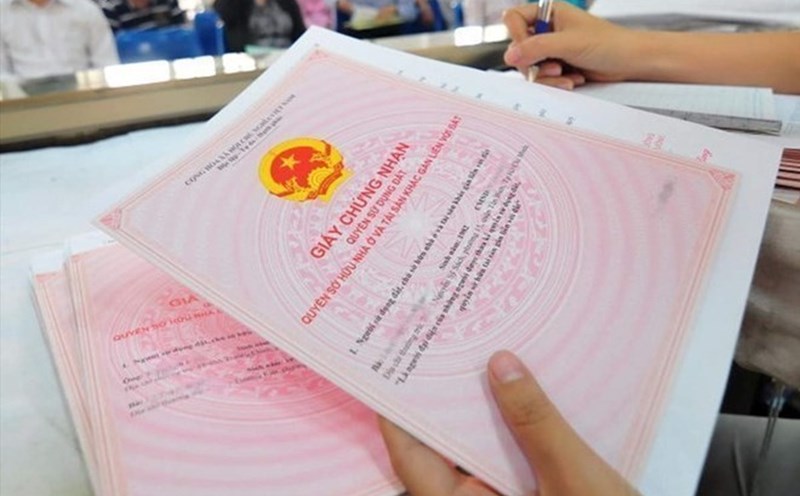What should people with kidney failure avoid eating is a question for many patients. One of the foods that people with kidney failure should limit is potatoes.
Potatoes are a nutritious food, popular in the daily diet. However, for people with kidney failure, potato consumption should be limited because the high potassium content in this root can be dangerous to the health of patients.
A medium-sized baked potato, about 150g, contains up to 610mg of potassium. Meanwhile, for people with kidney failure, especially in the moderate to severe stage, the kidney's ability to filter out potassium is seriously impaired. The accumulation of potassium in the blood can lead to hyperkalemia - a dangerous complication that can cause arrhythmia, muscle pain, and paralysis.
Some studies have shown that even if measures such as soaking potatoes in water or boiling are applied to reduce potassium content, the remaining potassium content is still quite high compared to the safe threshold for people with kidney failure. Even after boiling in boiling water, potatoes still retain more than 60% of their original potassium content.
In addition to potassium content, potatoes are also a quick source of starch, which can easily increase blood sugar. This is a risk factor if the patient has kidney failure and diabetes. A diet rich in refined starch and potassium will increase the burden on the kidneys, causing the disease to progress faster.
Potatoes are not a suitable choice for people with kidney failure because they contain high potassium content and can cause complications. People with kidney failure should follow a diet recommended by a doctor or nutritionist, prioritizing vegetables with low potassium content such as cucumber, squash or Chinese cabbage to ensure safety for their health.











